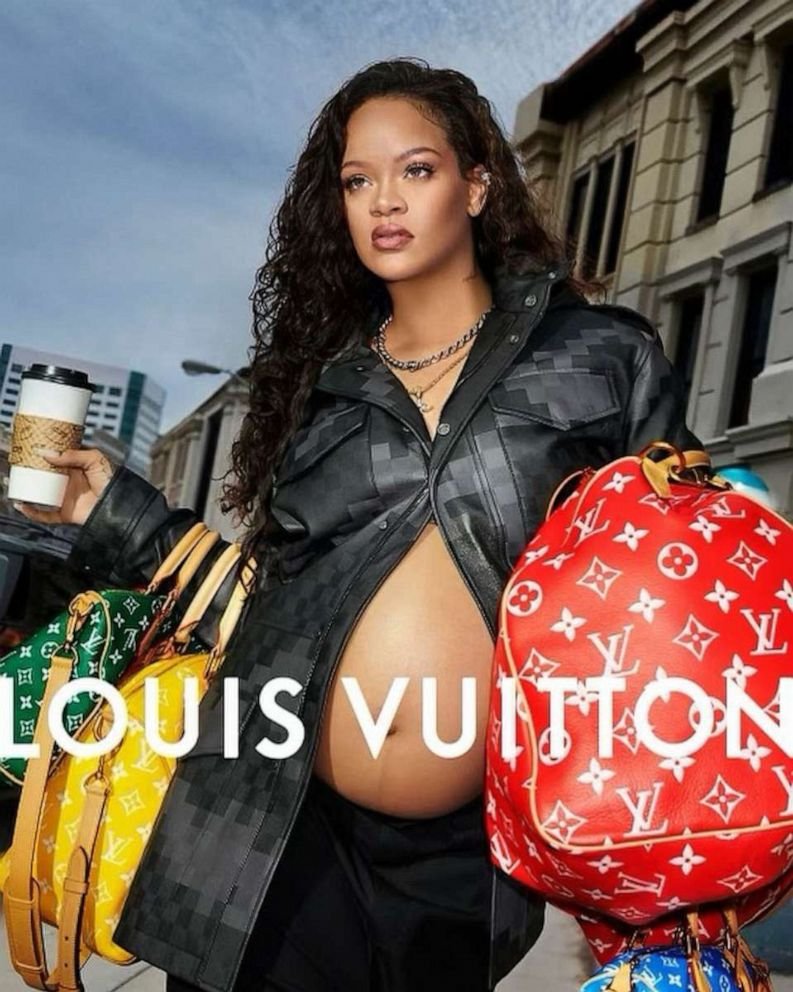MUNROE BERGDORF - PROVIDING VISIBILITY
Photographer: Thom Kerr
Interview by Carol Civre, Photography by Thom Kerr for Glassbook
We spoke with activist Munroe Bergdorf, who uses modeling as a platform for social change, about the need for diversity, unification, and the source of fear within the modeling industry and beyond it.
Munroe turned heads a few months ago after being hired and subsequently fired as L’Oreal’s “Face of Diversity” after sharing her opinions on racism through social media, which received mixed reactions. In the aftermath, we checked in with Munroe to gain insight into her experience, and about the critical and prevalent issues surrounding it.
Photographer: Thom Kerr
CC: Can you tell me a little bit about yourself and why modeling is important to you?
MB: Primarily I think I see myself as an activist rather than a model, modeling is what gave me this platform that I now have to speak about issues that I feel are too often pushed aside or shied away from.
Providing visibility for transgender women especially transgender women of color is also very important to me because growing up I just didn’t have those role models look up to. I didn’t have a Carmen Carrera or an Isis king or a Leyna Bloom, so when I look out now into the fashion industry and there’s more trans girls repping from all sorts of ethnicities and and backgrounds it’s really exciting to see.
Photographer: Thom Kerr
CC: You’re an outspoken activist. What would you say drives this characteristic (whether it be your personality, upbringing, friends, etc.)?
MB: I think I’ve always been a very inquisitive person with why the world works in the way that it does and why it works in the favour of some people and not for others. I refer to myself as a social activist because I like to think of myself as an Ally to anybody who is experiencing oppression purely because of who they are. I like to surround myself with like minded people who also challenge injustice, but who also challenge me to open my mind further.
I think I’ve always been a highly empathetic person and that’s really all that activism is a heightened sense of empathy and compassion put into action.
CC: What place in society do you think modeling holds? Overall, do you view it as a positive or negative platform?
MB: I think that modeling and the modeling industry are two very different entities. I feel that the modeling industry can at times perpetuate harmful beauty standards and enforce unattainable body ideals. But at the same time it can also provide models with a platform where they can really make a difference. This is where brands really need to start stepping up and allowing the models or influencers that they cast in campaigns a voice, so that we can really start changing how the fashion industry works for the better. The fashion industry and the beauty industry aren’t going anywhere and they don’t need to, but they really do need to start being more inclusive, sustainable and ethically conscious.
Photographer: Thom Kerr
CC: You were cast as “the face of modern diversity” for L’Oreal. Do you think that title is problematic, to begin with?
MB: I think that was a tag line that the British press came up with – and yes it’s highly problematic because there is no one face of modern diversity. Diversity doesn’t have a singular face. People are continuously over-complicating what diversity really means.
All that means is that everybody has a seat at the table, everybody feels represented, everybody is given an equal chance and an equal shot.
Brands continuously overthink this in trying to make it marketable product, but in doing so they end up alienating and offending the audience that they’re trying to sell to.
CC: Who are some of your greatest role models and why?
MB: I grew up idolizing models like Naomi Campbell, Iman and Tyra Banks. I have a lifelong love for Cyndi Lauper and Courtney Love. My role models now? Laverne Cox, Maya Angelou and Oprah.
CC: Do you think speaking your mind with the possibility of angering or hurting someone is better than being silent?
MB: A lot of what I say angers people and really we need to look at where that anger comes from. Speaking about racism should not make white people angry for the simple reason that it doesn’t affect them. All of us born into western society have been exposed to both subliminal and overt bias that centers male, heterosexual and cisgender narratives as the default and the priority. None of us are above socialization unfortunately, however we can begin to unlearn these narrative and actively work against them thriving institutionally and systemically.
CC: Did any positives come out of this experience? Did it provide you with any opportunities that you otherwise don’t think you would have come across?
MB: Absolutely, from getting out there and speaking on panels, speaking at universities and events, I can see that people recognize the need for change. The amount of white people who come to my talks with the intention of furthering their understanding of racism also makes me feel hopeful about the future.
CC: What does the future hold in store? Is there anything you’re working on that you’re particularly excited about?
MB: Right now I have a number of television and book projects in the works, so we’re just refining the ideas before we get stuck in. Documentary is something that I’m hugely passionate about. I have an accessory campaign launching worldwide next month, we shot it in LA last month, so I’m super excited about that launching.
Photographer: Thom Kerr
Stylist: Lisa Katnic
Makeup: Miriam Nichterlein













What exactly is breathwork and how do you do it?